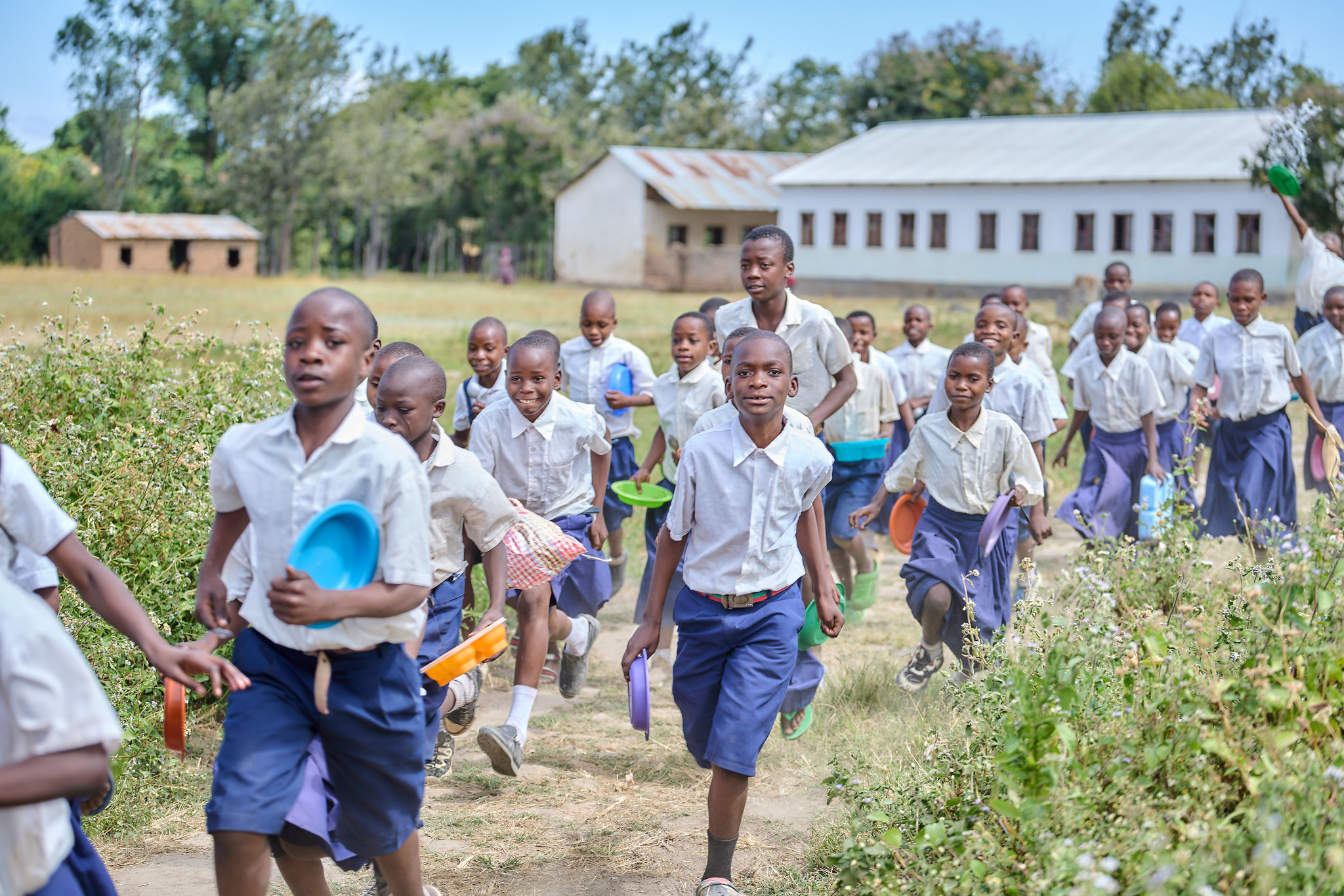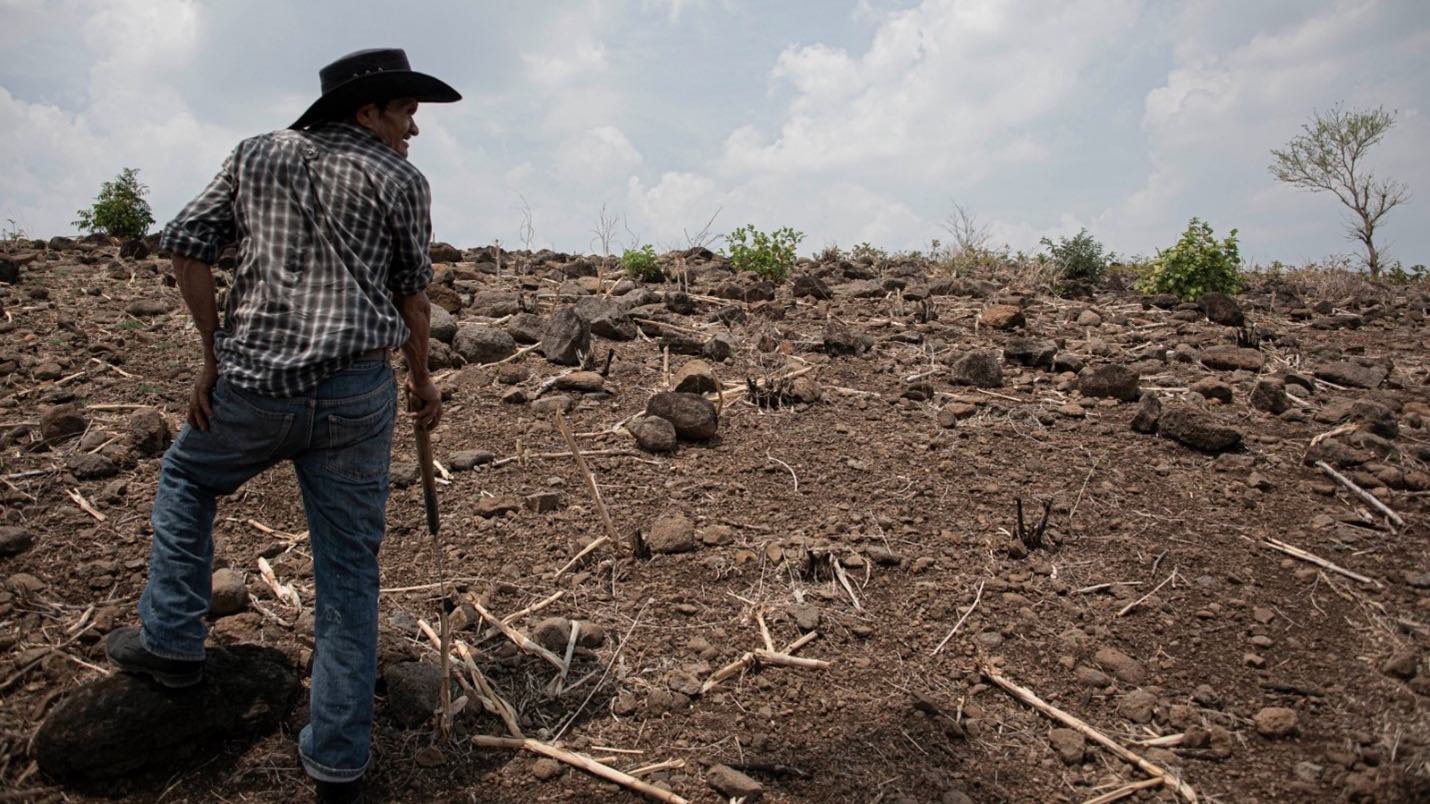Statistics are sounding a warning bell about the state of Egypt’s food security, poverty, and malnutrition. The number of food insecure Egyptians has increased about 21 percent from 2009 to 2011, according to a 2011 analysis of household incomes, expenditures, and consumption. Results for poverty and malnutrition were even more dramatic, with poverty increasing around 25 percent from 2005 to 2011, and, in 2011, almost one-third of children ages 6 months to 5 years suffered from stunting, a direct effect of undernutrition. Anemia rates were at 50 percent for the same age group.
A recently released policy note, Tackling Egypt’s Rising Food Insecurity in Times of Transition, produced jointly by IFPRI, the United Nations World Food Programme (WFP), and Egypt’s statistical agency, CAPMAS, delves into the complexity of food subsidies and nutrition in Egypt and offers some policy recommendations for reform.
According to the note, the Egyptian government’s food subsidy program is designed to protect the most vulnerable from shocks such as rising food prices, but only 30 percent of Egyptians really need this protection while more than 70 percent receives it. And while the food subsidies did succeed in preventing an even more dramatic spike in poverty during the recent succession of crises, the program is very expensive and not well targeted to those who need it most. And subsidies may indirectly contribute to malnutrition, as they keep the prices of rationed, calorie-dense foods far below market prices, increasing the relative costs of non-subsidized, often more nutritious, foods.
The note was released at a conference in Cairo last month, jointly organized by IFPRI, WFP, and CAPMAS, which brought together stakeholders to address how to improve food and nutrition for the 13.7 million Egyptians who are food insecure.
The policy note offers recommendations on how the subsidy system could be reformed to help reducing Egypt’s growing budget deficit, improve nutrition and reach the most vulnerable, including:
-
improving efficiency of supply chains by continuing the liberalization of wheat prices, covering stored wheat to reduce losses, packaging and labeling bread, and building additional wheat silos;
-
replacing ration cards with national ID cards to reduce “ghost” users and introducing a ID-based card system for bread;
-
continuing to fortify subsidized wheat flour with iron and folic acid and subsidized cooking oil with vitamins A and D;
-
identifying the most needy users through methods such as geographic targeting and proxy means testing, and reaching them through mandatory registration, clear criteria, and regular updates to the database of users; and
-
introducing vouchers for pregnant and lactating women, in-kind transfers for the most vulnerable, and cash transfers in areas with better market access.
“If the current subsidy system is restructured to benefit those who need it the most, Egypt will have a triple win: fiscal savings, reaching the most vulnerable, and improved nutrition,” said IFPRI Research Fellow Clemens Breisinger.
Other countries in similar situations offer important lessons on how to create socially inclusive economic development and bring down chronic child undernutrition. The Brazilian government, for example, halved child undernutrition in 10 years by making it a high priority and carefully targeting its poverty alleviation programs to ensure they reached those who needed them.
“Reforming Egypt’s food subsidies will be a good start, but it can really make a difference if it goes hand-in-hand with other key policies—such as the restructuring of fuel subsidies—and if it’s well integrated into a national action plan for development and food security” said Breisinger.
Related materials
Event page for CAPMAS-WFP-IFPRI conference: Tackling food security and nutrition in Egypt: challenges and opportunities
World Food Programme-CAPMAS Publication: The Status of Poverty and Food Security in Egypt: Analysis and Policy Recommendations, May 2013
IFPRI-World Food Programme Country Policy Note Tackling Egypt’s rising food insecurity in a time of transition







